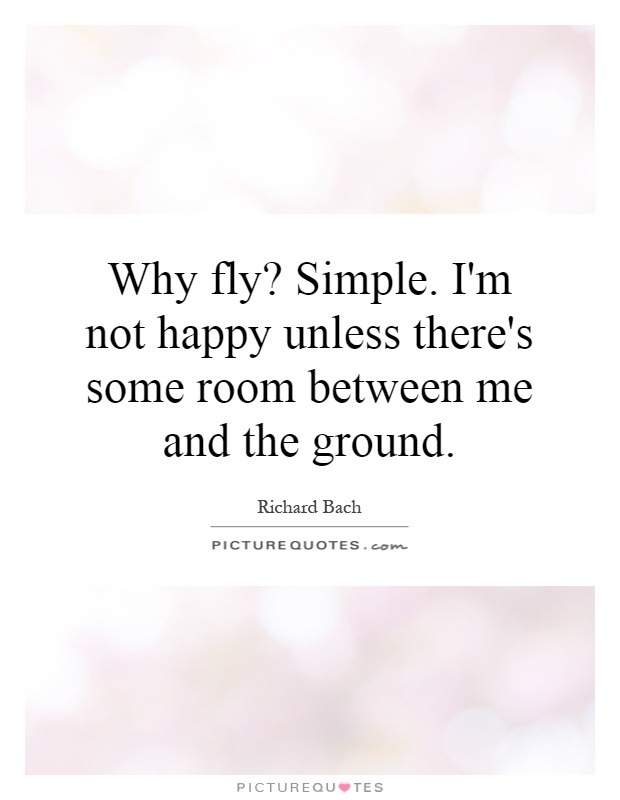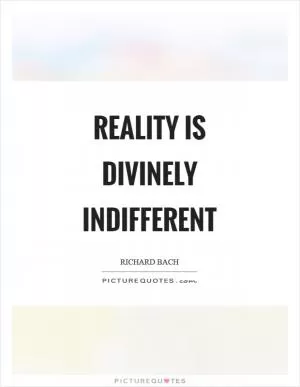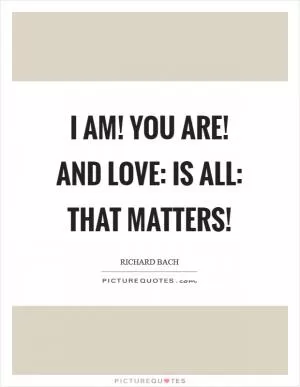Why fly? Simple. I'm not happy unless there's some room between me and the ground

Why fly? Simple. I'm not happy unless there's some room between me and the ground
Richard Bach, a renowned American author and pilot, is known for his love of flying and his deep connection to the skies. In his book "Jonathan Livingston Seagull," Bach explores the idea of freedom and self-discovery through the story of a seagull who dreams of flying higher and faster than any other bird. This theme of seeking liberation and breaking free from the constraints of the earth is a recurring motif in Bach's work, and it is encapsulated in his famous quote: "Why fly? Simple. I'm not happy unless there's some room between me and the ground."For Bach, flying represents a sense of freedom and exhilaration that cannot be matched by any other experience. The act of soaring through the air, with nothing but the vast expanse of sky above and below, allows him to escape the confines of everyday life and connect with something greater than himself. Flying is a form of meditation, a way to clear his mind and find peace in the midst of chaos.
But more than just a physical sensation, flying is also a metaphor for Bach's philosophy on life. Just as he seeks to rise above the earth in his plane, he also strives to transcend the limitations of the human experience and reach new heights of understanding and enlightenment. Flying is a symbol of his quest for self-discovery and personal growth, a journey that takes him beyond the boundaries of the known world and into the realm of infinite possibility.
In this context, the quote "Why fly? Simple. I'm not happy unless there's some room between me and the ground" takes on a deeper meaning. It is not just about the physical act of flying, but about the emotional and spiritual freedom that comes with it. For Bach, flying is a way to escape the mundane and connect with the divine, a way to find joy and fulfillment in a world that often feels constricting and limiting.












 Friendship Quotes
Friendship Quotes Love Quotes
Love Quotes Life Quotes
Life Quotes Funny Quotes
Funny Quotes Motivational Quotes
Motivational Quotes Inspirational Quotes
Inspirational Quotes